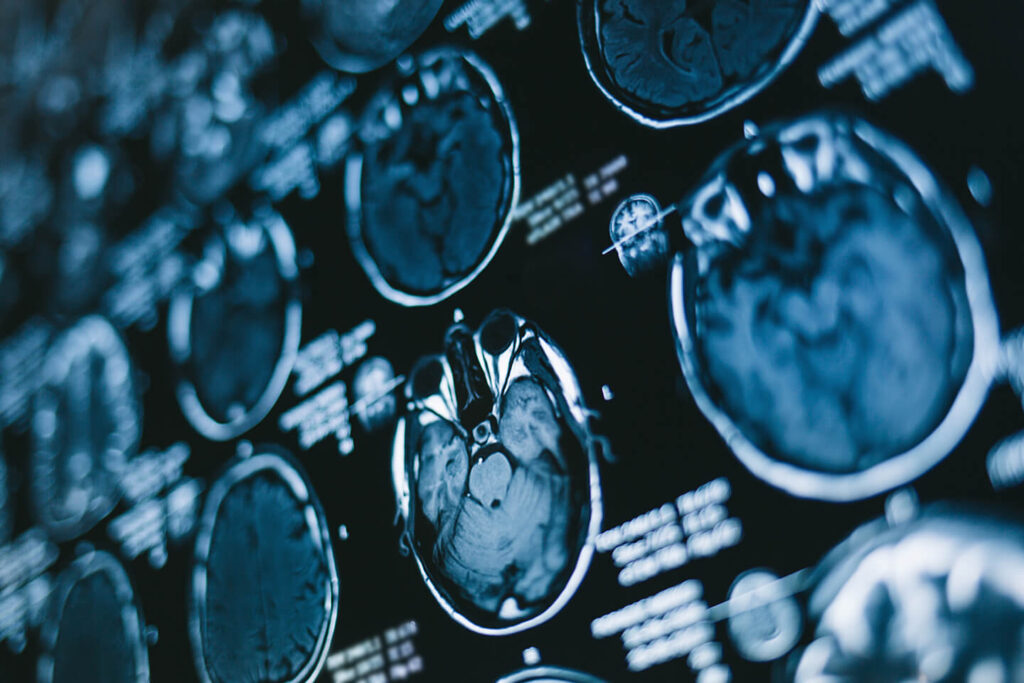There are many things about the various long-term effects of COVID-19 that researchers are still learning. How does it spread? How does it affects specific individuals more than others?, What can be done to relieve these long-term symptoms? Since it’s been almost a year since the coronavirus insurgence in the United States, some insights have been gathered about the virus’s long-term effects.
The novel coronavirus was initially thought to be a virus that primarily affects the lungs, but studies have shown that it also causes major prolonged inflammation in other major systems and organs in the body, mainly the brain and heart. This is a cause of concern because the National Institutes of Health has found that persistent symptoms are present in 90% of patients 60 days from diagnosis.
Much more time is needed to fully comprehend the long-term effects and why some people are more susceptible than others but research implies no one is immune to the effects. COVID-19 can result in prolonged illness and symptoms even in young, healthy individuals who were not hospitalized.
Many people find relief in the fact that fewer people are dying of COVID-19, likely due to advances in understanding how to treat it properly, but not all are recovering completely. There is an expanding list of the long-haul symptoms which those who ‘recover’ from COVID-19 continue to experience.
The Lasting Misery of Coronavirus Long-Haulers
COVID-19 can cause encephalitis, inflammation of the brain commonly caused by viruses., The condition presents a variety of secondary effects, including a high risk for strokes, even in young, healthy people. In fact, young people are seven times more likely to suffer from a stroke due to COVID-19 in comparison with a typical flu virus. Encephalitis resulting from COVID-19 has been well-documented to cause permanent brain damage that results in “brain fog” or difficulty thinking.
There have also been many patients who appear to have normal brain scans but suffer from chronic fatigue, including body aches and pains that are difficult to trace to a direct source. In patients that have been admitted to the ICU, many have lasting delirium or even PTSD from the experience.
There are numerous detrimental vascular effects of COVID-19, clinical data suggests. Heart imaging taken months after recovery from COVID-19 has shown lasting damage to the heart muscle. Paired with decreased lung function and cognitive effects such as chronic fatigue and even mental health issues, exercise capacity is often drastically reduced for months after diagnosis and treatment.
Inflammation of the heart muscle also presents in a host of symptoms like arrhythmia, hypertension, and even less- considered vascular issues such as erectile dysfunction in men: a condition connected to endothelial dysfunction. It is widely known that in its advanced stages, COVID-19 is an endothelial disease. The endothelium, which is a cell lining surrounding every blood vessel in the human body, is thought to be the organ system most at threat from the coronavirus, even more so than the lungs. Dr. Thaik offers an easy means of testing your endothelial health after recovering from COVID-19. Alternatively, the Max Pulse test offers quick and easy general cardiovascular assessment.
If a COVID-19 patient suffers from life-threatening pneumonia associated with the virus, it can cause long-standing damage to the alveoli, or lung sacs, which results in breathing difficulties. A Texas Tech surgeon has even documented how lung scarring in COVID-19 patients is worse than that of smoker’s lungs. For patients who were placed on a ventilator, the damage could be even worse. Ventilators can cause ventilator-induced lung injury.
Why Some People Experience Long-Term Coronavirus Symptoms
The number of people who have recovered from COVID-19 only to continue to experience long-term health problems continues to swell. These ‘COVID-19 long haulers’, as they are known, may have suffered only mild symptoms initially, or have required intensive care, but all suffer from one or more of these COVID-19 legacy health issues:
- Loss of taste and smell
- Coughing
- Joint pain
- Ongoing fatigue
- Brain fog
- Headaches
- Difficulty sleeping
- Shortness of breath
A common theory about the reason for long haulers’ continued suffering is that they are still harboring small viral loads, but tests have shown that they are COVID-negative. A competing theory is that the individual’s immune system is misfiring as a result of the novel coronavirus, causing an autoimmune response.
Overall, it seems the best way to prevent long-term effects from the coronavirus is to not get their virus in the first place. It’s recommended to prevent exposure by practicing social distancing, wearing masks in public, and following hygiene guidelines such as frequent hand-washing and avoiding touching your face after being in public. As the COVID-19 vaccines become available, it is a good idea for everyone able to receive it to prioritize its early adoption.
If you have been exposed to Covid and are experiencing vascular inflammatory issues or prolonged symptoms like those described by this article typically suffered by ‘long-haulers’, call HHHC to request a consultation and evaluation by Dr. Cynthia Thaik.





